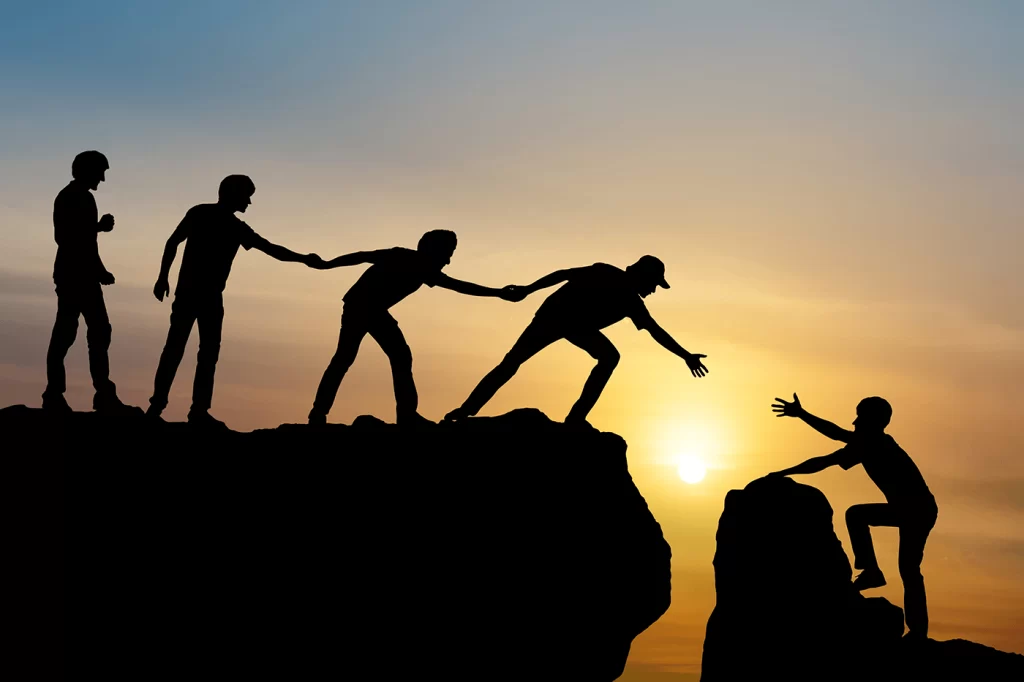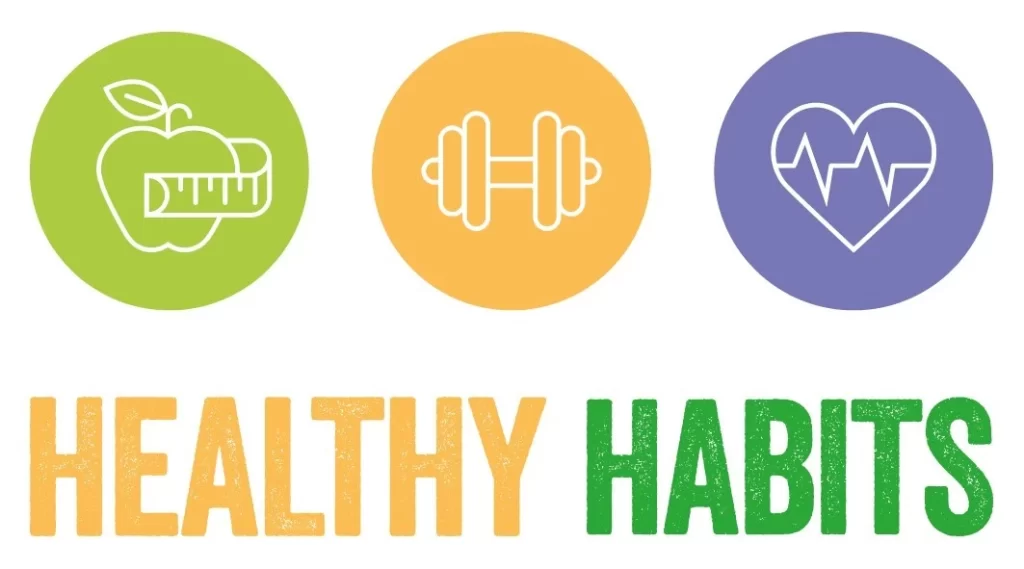
Porn addiction, a growing concern in the digital age, affects millions of people globally. It can lead to emotional, mental, and social challenges, creating problems in relationships, work, and personal well-being. If you know someone struggling with pornography addiction, your support can play a crucial role in their recovery. In this blog, we’ll discuss how to help someone with a porn addiction, the available treatment options, and the best resources to provide lasting support.
1. Understanding Porn Addiction
Before diving into how to help, it’s essential to understand what porn addiction is. Porn addiction, or pornography addiction, is characterized by an individual’s compulsive consumption of pornographic material, despite its negative effects on their life. This behavior is often compared to substance addiction because it alters the brain’s reward pathways, leading to a cycle of dependency. While occasional use of pornography may not be problematic for some, individuals with an addiction may find that they are unable to control their consumption. This can result in:
- Relationship problems
- Low self-esteem
- Social isolation
- Issues at work or school
- Emotional and psychological distress
Recognizing that porn addiction is a legitimate issue can help you approach the situation with empathy and understanding.
2. Signs of Porn Addiction
If you suspect someone is struggling with a pornography addiction, look for these common signs:
- Increased Time Spent Watching Pornography: The person may spend an excessive amount of time consuming porn, often at the expense of daily activities or responsibilities.
- Failed Attempts to Quit: They may have made several unsuccessful attempts to reduce or quit their consumption of pornography.
- Interference with Personal Life: Porn addiction can lead to neglect of relationships, work, or hobbies due to the time spent consuming porn.
- Mood Swings: The person may experience guilt, shame, depression, or irritability as a result of their addiction.
- Escalation: They may seek more extreme content over time to achieve the same emotional or physical response.
3. How to Help Someone with a Porn Addiction

If someone you care about is struggling with porn addiction, it’s essential to approach the situation with sensitivity and non-judgment. Below are steps you can take to support them through this challenge.
1. Open a Judgment-Free Conversation
The first step in helping someone with a porn addiction is to talk openly about the issue. Choose a time when you can have an uninterrupted conversation and express your concerns in a compassionate manner. Avoid being accusatory or judgmental, as this can lead to defensiveness. Instead, focus on how their behavior is affecting them and others around them.
You could say something like:
- “I’ve noticed that you seem to be struggling, and I want you to know I’m here to help.”
- “I’m concerned because I see how this is affecting your mood and relationships.”
2. Encourage Professional Help
Porn addiction, like other forms of addiction, often requires professional treatment. Encourage your loved one to seek help from a therapist, counselor, or support group that specializes in addiction recovery. Cognitive-behavioral therapy (CBT) is a common treatment for pornography addiction, helping individuals change their patterns of thinking and behavior.
You can help by researching therapists who specialize in sexual or behavioral addictions and providing them with the information they need to take the first step.
3. Suggest Porn Addiction Support Groups
Support groups, such as Sex Addicts Anonymous (SAA) or online communities, can offer a safe space for individuals to share their experiences and receive guidance from others going through similar struggles. These groups provide accountability and encouragement, which can be instrumental in recovery.
Offer to help them find a local or online support group, and remind them that seeking support is a sign of strength, not weakness.
4. Help Set Boundaries and Healthy Habits

Encourage your loved one to set boundaries around their internet use. Suggest practical steps, such as:
- Installing content filters or blockers on their devices to limit access to pornographic material.
- Setting specific time limits for online use.
- Creating a routine that includes healthy activities, such as exercise, hobbies, or spending time with friends and family.
Helping them establish healthy habits can provide an alternative focus and reduce their dependency on pornography.
5. Offer Emotional Support
Recovery from porn addiction can be a long and challenging journey. Offer your emotional support throughout the process, but avoid trying to control or “fix” the situation. Remind them that you’re there to listen and provide encouragement, but that professional guidance is essential for their recovery.
Let them know that setbacks may occur, but that doesn’t mean they’ve failed. It’s important to be patient and reinforce the idea that recovery is a gradual process.
4. Help with Porn Addiction: Available Resources
There are several resources available to help someone with porn addiction. Here are a few to consider:
- Therapists Specializing in Addiction: Seeking therapy from a mental health professional is a critical step in overcoming addiction. Cognitive-behavioral therapy (CBT) and counseling can help individuals address the root causes of their addiction.
- Online Support Groups: Websites like NoFap and Porn Addicts Anonymous provide forums where individuals can connect with others facing similar challenges. These platforms offer accountability and shared experiences.
- Addiction Recovery Apps: Apps such as “Brainbuddy” and “Fortify” are designed to help individuals overcome porn addiction through tracking progress, offering daily exercises, and providing educational materials.
- Books and Educational Material: Several books, such as “Your Brain on Porn” by Gary Wilson, offer insights into the science of porn addiction and strategies for recovery.
5. How to Help Someone with Pornography Addiction: Patience and Understanding
It’s essential to understand that addiction recovery is not linear. The individual you’re helping may experience ups and downs, and relapse is often part of the recovery journey. What matters most is that they feel supported and have the resources they need to overcome their addiction.
Remind them to:
- Stay committed to their recovery.
- Seek professional help when needed.
- Surround themselves with a supportive community.
Your role as a supportive friend or family member is vital, but professional help is essential for long-term recovery. Encourage them to be patient with themselves and celebrate small victories along the way.
Conclusion
Helping someone with a porn addiction requires empathy, patience, and knowledge of available resources. By having an open and non-judgmental conversation, encouraging professional help, and offering consistent emotional support, you can be a positive influence in their recovery journey. Remember, porn addiction is a serious issue, but with the right strategies and resources, it is possible to overcome.